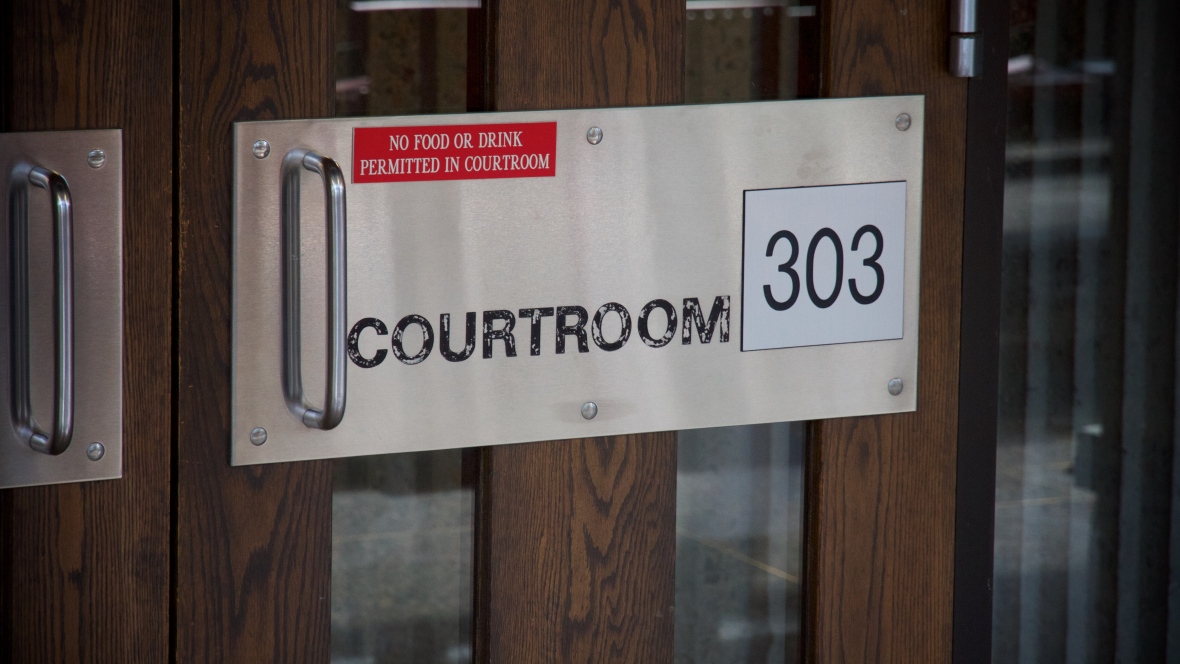The Reality of Preliminary Inquiry

When a person is accused of an indictable offence, they can request that that the court hold a “preliminary inquiry” into the charge. The accused must attend the preliminary inquiry with their lawyer. The Crown and a judge will also be present.
Purpose
The primary purpose of a preliminary inquiry is to determine if there is enough evidence for the accused person to be put on trial. A secondary purpose of the preliminary inquiry is for the accused person to “discover” the case against them. Although the constitutional right of an accused person to full disclosure of their case since at least 1991 makes it so often the accused and his lawyer are well aware of the nature of the case against the accused without the need for an inquiry, the inquiry still serves as an invaluable tool for the defence to prepare for trial. As one famous lawyer and judge said:
“…the preliminary inquiry gives defence counsel an opportunity to test the strengths and weaknesses of the Crown’s case; to form a judgement as to the mental make-up or personality of the witnesses; to discover those parts of the case that are vulnerable to attack at the trial, and also those areas where he must tread warily.”
The Crown does not have to prove the charges beyond a reasonable doubt at the preliminary inquiry. All they must show is that there is enough evidence for a reasonable judge or jury to convict the accused IF the case goes to trial. What that means is that the judge is not supposed to consider the credibility of witnesses at the preliminary inquiry and must instead basically assume everything they hear from the witnesses at the preliminary inquiry is true. If all the evidence, assuming it is true, would be enough for the accused to be convicted, the preliminary judge must commit the accused to stand trial. The reason this is so is because it is the jury or the trial judge’s job to assess credibility and determine if they believe the witnesses, whereas the preliminary judge is only there to determine if there is enough evidence for the accused to be committed to stand trial.
However, in a circumstantial case, the prelim judge must still weigh the Crown’s evidence to the limited extent of assessing whether or not the Crown’s evidence permits a reasonable inference of guilt. The reason for this is to protect the accused and avoid the improper and needless exposure of an accused to a public trial if the Crown does not possess enough evidence for the accused to reasonably be convicted, if the case were to go to trial.
Preliminary Hearing Outcomes
At the conclusion of a preliminary hearing, if there is insufficient circumstantial evidence to support a reasonable inference of guilt, the accused must be discharged by the judge. This means the judge believes there is not enough evidence to have a case go to trial. Should an accused have all counts in the matter discharged, it will be over. No further action will be taken. This does not happen often. There are cases where some counts charged against accused will be discharged, but others will remain. The case then proceeds to court. It’s also possible for a judge to order an accused to stand trial and let all of the counts mentioned during the preliminary hearing stand.
Although being discharged during a preliminary inquiry is rare, it can still serve as an useful tool to prepare for trial.
Have you been criminally charged? You will need legal representation in order to have the best possible results for your circumstance. Don’t go at it alone. Contact Mr. Julian van der Walle for a consultation today.
Photo Credit: Canada News Locker
http://www.newslocker.com/en-ca/region/canada/2016-03-14/
http://i.cbc.ca/1.3310567.1447081913!/fileImage/httpImage/image.jpg_gen/derivatives/16x9_1180/halifax-law-courts-courtroom.jpg
Related Stories
Does drug addiction cause more crime?
Many in Canada often associate drugs with crime, and in many cases, the possession or use of drugs is itself a crime. More recently, a spotlight has been placed on drug-related incidents due to the opioid crisis afflicting the nation. Sociologists have spent...
Why You Should Hire a Vernon Criminal Defense Attorney
As a whole, the Canadian justice system is very fair. The accused enjoy the right to be present and be heard in court, the right to remain silent, and the right to representation by legal counsel. That last right is one of the most important rights of all. This...
Bad IRP Decision? What Can You Do About It?
Bad IRP Decision? What Can You Do About It? Drivers who are caught driving under the influence by the police may receive an Immediate Roadside Prohibition (IRP) on driving. An IRP is a temporary driving suspension that prevents the recipient from driving for a...
REQUEST A FREE CONSULTATION
Call 1.877.212.9645
Or fill out the form below to receive a free and confidential initial consultation.
